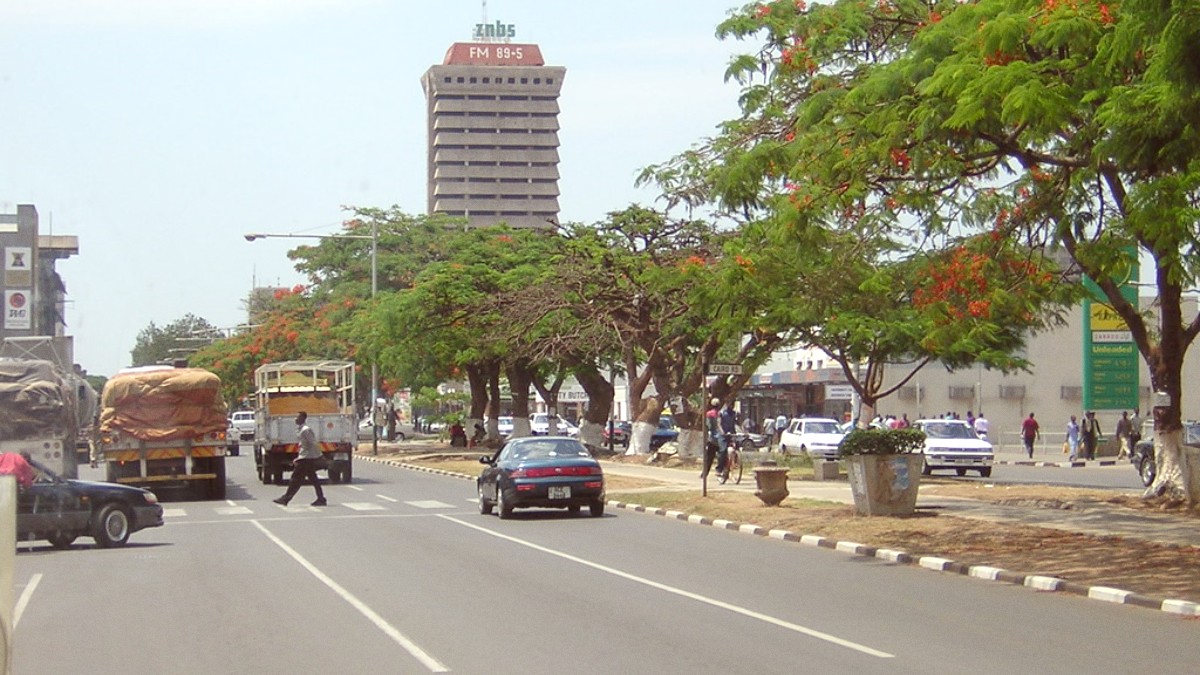
Zambia
Local SIM cards are easily available at Kenneth Kaunda International Airport (LUN) upon arrival and at major shopping malls throughout Lusaka.
Most hotels, guesthouses, and upscale restaurants and cafes in Lusaka present free Wi-Fi for guests. The quality and speed of Wi-Fi can differ. Mobile data from a local SIM card often presents the most reliable way to stay connected on the go.
Zambia Postal Services Corporation (Zampost) operates post offices across the country, including in Lusaka. For international mail, it is generally slower than courier services.
English is the official language of Zambia. It is widely spoken in urban areas, business settings, tourism, and government. Most hotel staff, restaurant servers, and tour guides speak English.
Making an effort with local greetings opens doors to warmer interactions and is highly appreciated.
Typically operate Monday to Friday, from 08:00 to 17:00.
Most open Monday to Saturday, from 09:00 to 18:00 or 19:00. Some larger malls open Sundays (10:00 to 16:00).
Traditional markets usually open early (06:00) and close late afternoon/early evening (18:00-19:00). Many operate daily.
Most banks operate Monday to Friday, from 08:30 to 15:30. Some larger bank branches within shopping malls offer extended Saturday hours.
Zambia observes several public holidays. Most businesses, banks, and government offices will be closed or have limited hours. Plan accordingly, as this impacts services and transportation.
Navigating local customs respectfully.
Greetings hold significance in Zambia. A handshake is common, often with a polite inquiry about well-being.
Dress generally modestly. Avoid overly revealing clothing, especially for women. Covering shoulders and knees serves as a good general guideline, specifically when visiting local markets, rural areas, or religious sites.
Tipping is appreciated but not mandatory. When eating nshima with your hands, use your right hand only. It is polite to wait for elders or hosts to begin eating before you start.
Always ask for permission before photographing people, especially children. A simple "Ninga kukoleka chithunzi?" (Nyanja: "May I take a photo?") with a gesture often suffices. Respect their decision if they decline.
Observing local etiquette smooths interactions and shows respect for Zambian culture.